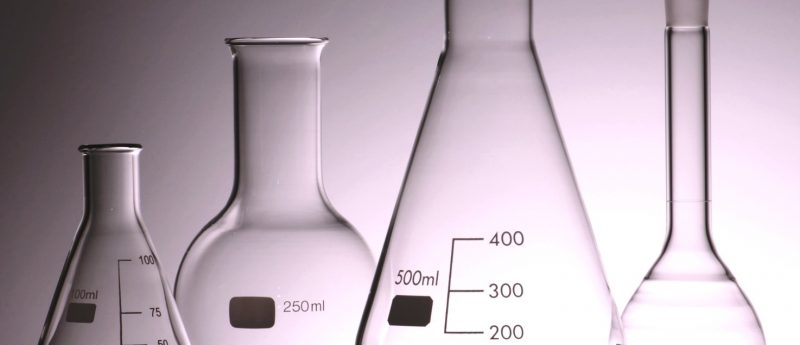Unlocking the key to scale-up of mesenchymal stem cell culture

Researchers from A*STAR (Singapore) are working towards optimizing MSC culture in the scale required for therapies to reach the clinic.
There are many late-stage clinical trials using mesenchymal stem cells (MSCs), but at present these cells can only be manufactured in relatively small batches. “In total there are around 400 trials globally,” explains Steve Oh from A*STAR (Singapore). “If any of these trials lead to blockbuster therapies there is not enough serum available to sustain manufacturing of the cells.”
Scaling up MS production for cell therapies and regenerative medicines will require progression beyond single-layer culture to get larger volumes, and finding an alternative to animal serum, which can vary between batches. Therefore, a team at A*STAR’s Bioprocessing Technology Institute investigated the efficacy of current serum-free media formulations in sustaining MSC growth.
The team, lead by Oh and Kah Yong Tan, compared proliferation of seven MSCs lines in six different media compositions, either in a dish or on static cultures with no agitation, which can support larger numbers of cells than single-layer plates.
Unfortunately, no individual media supported growth of all MSC lines and a medium that performed well in monolayer cultures did not necessarily lead to growth on the microcarrier. “The MSCs come from a variety of sources; the bone marrow, the umbilical cord, adipose tissue,” explains Oh. “it is likely that growth and attachment requirements will be different and need to be optimized for each cell line.”
Oh is currently working with a company to develop a generic medium that will support a greater range of MSC lines, and hopes that a combination of two or three formulations may support the growth of most lines.
Sources: http://medicalxpress.com/news/2015-12-mesenchymal-stem-cells-large-requires.html; Tan KY, Teo KL, Lim JFY et al. Serum-free media formulations are cell line-specific and require optimization for microcarrier culture. Cytotherapy doi:10.1016/j.jcyt.2015.05.001 (2015).